On September 8, 1991, the Socialist Republic of Macedonia declared its independence from Yugoslavia. It was an obvious move. The country was unraveling. Slovenia and Croatia seceded a few months earlier. Conflict ensued. Bosnia and Serbia were on the brink. Allies were nowhere to be found.
We happened to be in Macedonia that July, celebrating my cousin’s wedding. It was a spectacularly raucous affair befitting a first-born male.
We partied for weeks. Danced in the streets. Accordion players lulled us to sleep. We were exhausted and happy, avoiding the outside world, forestalling the imminent consequences.
We lived in the United States, after all. Macedonia was our second home. The burden of its history didn’t belong to us. Until one morning, gathering fresh peaches at the bustling bazaar, I realized it was us. Our ancestors. Our DNA. Our legacy. My first memory as a child eating a ripe fragrant peach was right here.
I have always joked that my entire genetic makeup originates in the Balkans. Impossible, friends would say. No one is 100 percent from one place. I sent a saliva sample to Ancestry.com. The results were stark. One tiny circle in the center of the Balkans on top of current-day North Macedonia.
That summer, sipping Nescafé frappuccinos and chain-smoking Marlboros in between party planning, the conversation inevitably turned to the north. Would war spread? How would Macedonia defend itself if Yugoslavia controlled the military? When the vote was finally cast, 95.26 percent of Macedonians voted for independence in a country without precedent for electoral politics.
Now I’m Macedonian
At that moment, I went from being Yugoslavian for the first 20 years of my life to Macedonian for the rest. My identity and focus immediately changed.
I declared political science as my major to seize a front row seat to these historical events. I subscribed to The New York Times for its international news coverage. I interned in Washington, D.C., for Ljubica Acevska, the representative of the “Former Yugoslav Republic of Macedonia” (since Macedonia was not yet recognized by the United States, they couldn’t institute full diplomatic relations with an embassy). National Public Radio was preset in the car.
We continued going to Macedonia each summer, experiencing the changes firsthand. My dad was actively involved in the Macedonian community on both sides of the Atlantic and included me in everything. I met presidents, prime ministers, and diplomats. I considered joining the Foreign Service.
One evening during my senior year of college, I was studying in the front room of the sorority house when the doorbell rang. As usual, I thought, one of the girls must have forgotten her keys.
I opened the door, stunned to find my mom, dad, aunt, and uncle standing in the entrance, all dressed up in lipstick, ties, perfume, and fur in the February chill, joyous and laughing. Their mood was so infectiously celebratory it traveled throughout the house. Girls ran downstairs to join the party.
They immediately embraced me and exclaimed, “The U.S. recognized Macedonia! The U.S. recognized Macedonia! The U.S. recognized Macedonia!”
It took me a second to realize the gravity of the moment, caught up in the emotion, warmed by their pride. I had always felt American, that I belonged, shielded by them from the insecurities they experienced starting over in a new country. Today they had finally felt seen and validated by both their homeland and their chosen home.
Nation-Building Not Easy
Unless you’ve always lived in a cave, you know nation-building is a messy affair. Since its independence, for 27 years, Macedonia had been living with the provisional name of the Former Yugoslav Republic of Macedonia. In 2018, the country finally achieved a resolution with its international partners for its new name Republic of North Macedonia.
The name “Macedonia” represents rich geographic, historic, and cultural significance for Greeks and Slavic Macedonians. While full-scale war thankfully did not come to Macedonia, the decades-long impasse over that name undermined citizen confidence and ultimately made people feel sad.
My attention to Macedonian politics waned as I became more involved with wine. Over time, the more I studied, the less I understood. Livelihoods were involved. International security. Future generations. The basics of job creation, industry, and investment, all undermined by political infighting. How important is a name?

My husband’s aunt was given her mother’s name, Dorothy, and in high school she changed the spelling of her name to “Dorothe” so her mom wouldn’t open love letters addressed to her daughter. My uncle changed his last name from Jovanoski to Jovan when he started his corporate job in the 1980s so it was easier to pronounce for promotions. He wanted to be viewed as an insider instead of perceived as an outsider.
My grandfather’s last name was changed from Magdevski to Jovanovich before World War II when Serbia controlled his village. When the Serbs left, everyone in the village changed their names right back. Ellis Island is saturated with these stories, and I am sure your families have similar circumstances, too.
For the first 20 years of this business, Casa Dumetz represented a place where I helped to plant a vineyard and made wine in the garage with a ragtag group of oenophiles. It was the birthplace of what would be created, though it isn’t the home where I was raised in wine. I was introduced to grape growing at Casa Dumetz, though I learned to savor grapes in Santa Barbara wine country.
Casa Dumetz was my provisional name until I had the confidence to vote in my own election and navigate my own historic, geographic, and cultural underpinnings. I was previously distracted by keeping the train on the tracks, the system in place, hoping not to create conflict. I had a business to run. People to employ. Bills to pay. My own identity politics to navigate.
Eventually, it simply made me sad. It no longer felt appropriate to keep the borrowed name of a place that hasn’t existed for years. People would ask, “What is Casa Dumetz?” Over time, it became more complicated for me to answer.
Hello, Clementine
Welcome to Clementine Carter. I am not erasing history, simply realigning the future. Nothing will change except the name.
Clementine Carter is the name of a woman in my favorite Western, My Darling Clementine, directed by John Ford, from 1946. My dad loves Westerns, and in turn I love Westerns. Back in Michigan, each night after work, we would make dinner in the back room of our Baskin-Robbins ice-cream store. My dad would fry pork chops on a single electric burner, and I would chop salad on the freezer. He’d open a bottle of wine, pop in a VHS tape, and we’d sit on folding chairs.
I fell in love with My Darling Clementine as soon as the music started and was enthralled with Clementine the moment she arrived on screen. She is a quiet Western heroine, a halcyon on a journey, traveling alone in 1882 searching for her true love. She finds him in Tombstone, though her love was unrequited. Undeterred, through the course of the story, she finds a renewed motivation to stay in her new home as everyone departs their separate ways.
Just before Wyatt Earp (played by Henry Fonda) rides off into the sunset, he says, “Ma’am, I sure like that name … Clementine.”
Premier Events
Sat, Dec 20
10:00 AM
Santa Barbara
Mosaic Holiday Markets
Sun, Dec 21
10:00 AM
Santa Barbara
Mosaic Holiday Markets
Wed, Dec 31
9:00 PM
Santa barbara
NEW YEAR’S Wildcat Lounge
Thu, Dec 18
1:30 PM
Goleta
The Bishop’s Wife (1947)
Thu, Dec 18
4:00 PM
santa barbara
Roundtable Talk with Dietitian Michelle Checkettes
Thu, Dec 18
8:00 PM
Santa Barbara
The Living Room Jam hosted by Jason Libs
Fri, Dec 19
6:00 PM
Santa Barbara
State Street Ballet – “The Nutcracker “
Fri, Dec 19
7:00 PM
Santa Barbara
SBHS Annual Fall Dance Recital 2025
Fri, Dec 19
8:00 PM
Santa Barbara
Ensemble Theatre Company Presents “The Complete Works of Jane Austen, Abridged”
Sat, Dec 20
10:00 AM
Santa Barbara
Mosaic Holiday Markets
Sat, Dec 20
2:30 PM
Santa Barbara
Santa Barbara Revels Presents “The Celestial Fools”
Sat, Dec 20
7:30 PM
Santa Barbara
State Street Ballet – “The Nutcracker “
Sun, Dec 21
2:00 PM
Santa Barbara
Ensemble Theatre Company Presents “The Complete Works of Jane Austen, Abridged”
Sat, Dec 20 10:00 AM
Santa Barbara
Mosaic Holiday Markets
Sun, Dec 21 10:00 AM
Santa Barbara
Mosaic Holiday Markets
Wed, Dec 31 9:00 PM
Santa barbara
NEW YEAR’S Wildcat Lounge
Thu, Dec 18 1:30 PM
Goleta
The Bishop’s Wife (1947)
Thu, Dec 18 4:00 PM
santa barbara
Roundtable Talk with Dietitian Michelle Checkettes
Thu, Dec 18 8:00 PM
Santa Barbara
The Living Room Jam hosted by Jason Libs
Fri, Dec 19 6:00 PM
Santa Barbara
State Street Ballet – “The Nutcracker “
Fri, Dec 19 7:00 PM
Santa Barbara
SBHS Annual Fall Dance Recital 2025
Fri, Dec 19 8:00 PM
Santa Barbara
Ensemble Theatre Company Presents “The Complete Works of Jane Austen, Abridged”
Sat, Dec 20 10:00 AM
Santa Barbara
Mosaic Holiday Markets
Sat, Dec 20 2:30 PM
Santa Barbara
Santa Barbara Revels Presents “The Celestial Fools”
Sat, Dec 20 7:30 PM
Santa Barbara
State Street Ballet – “The Nutcracker “
Sun, Dec 21 2:00 PM
Santa Barbara

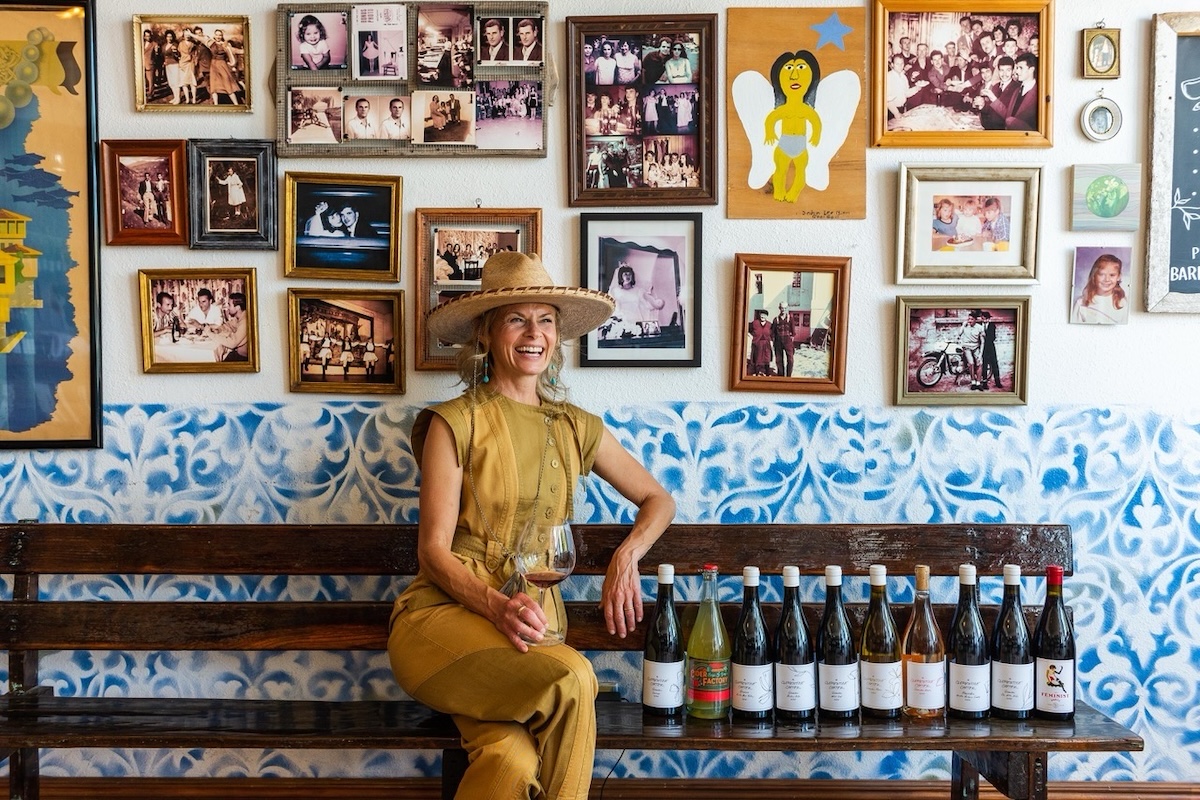
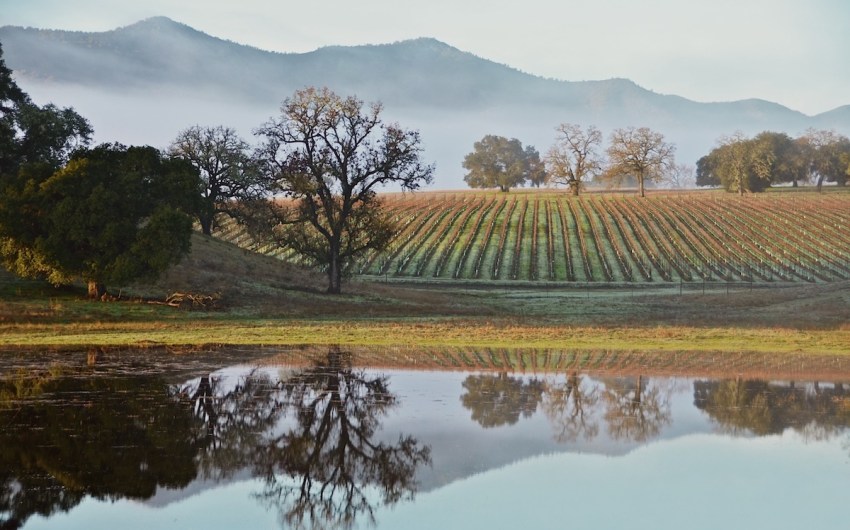
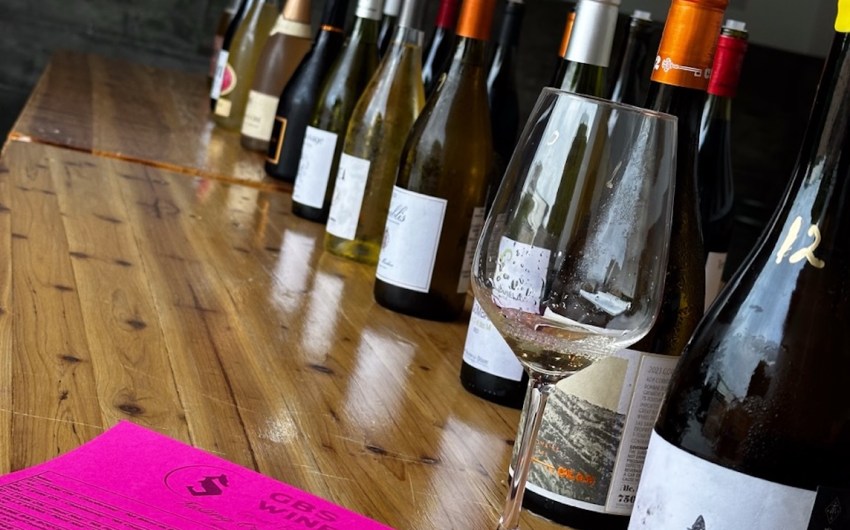
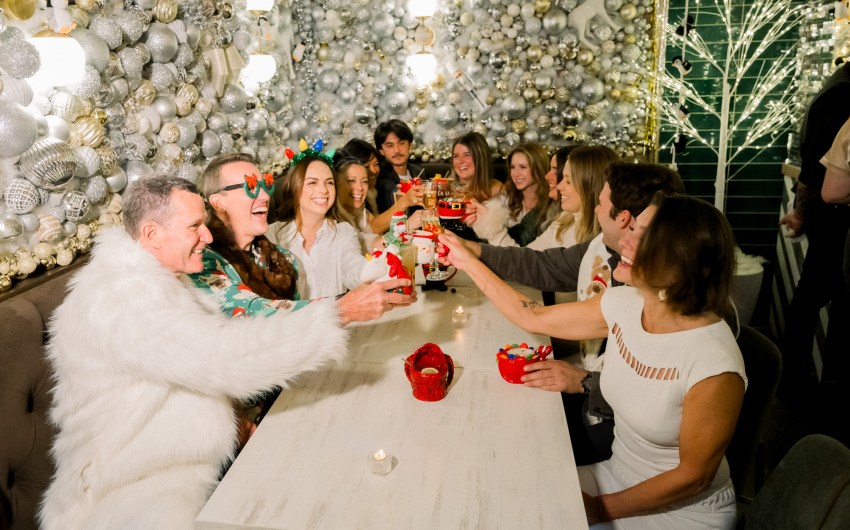
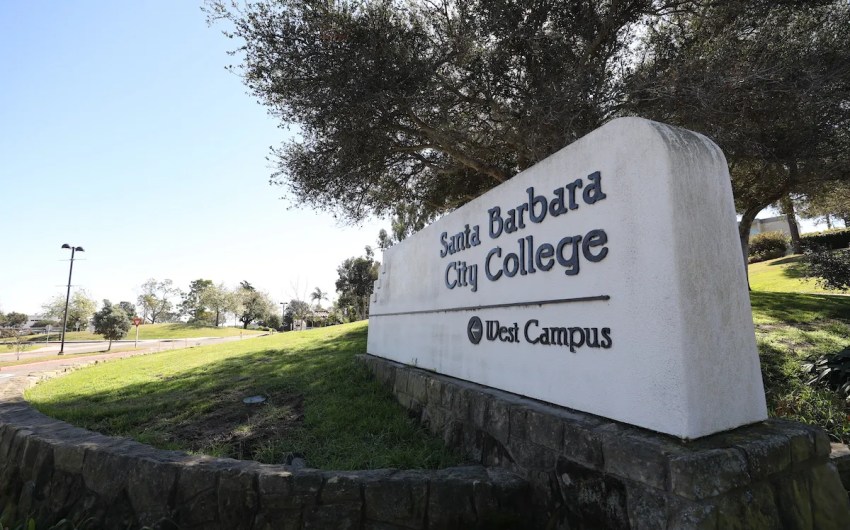
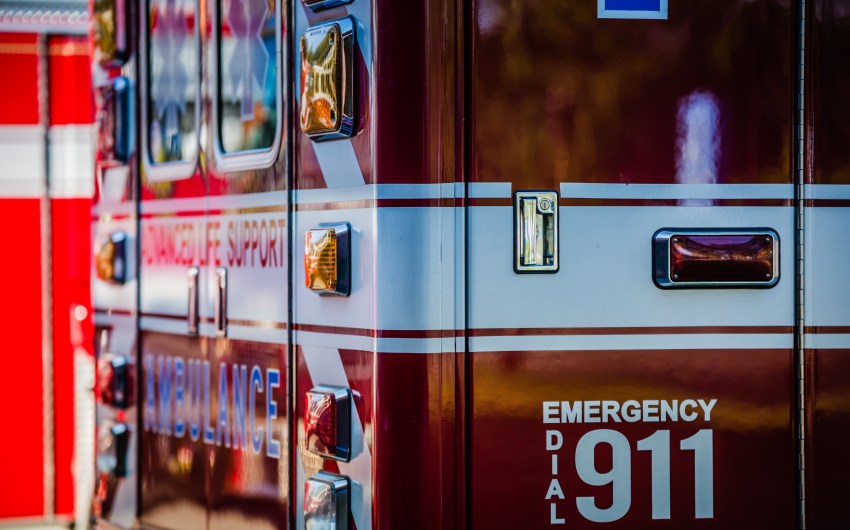
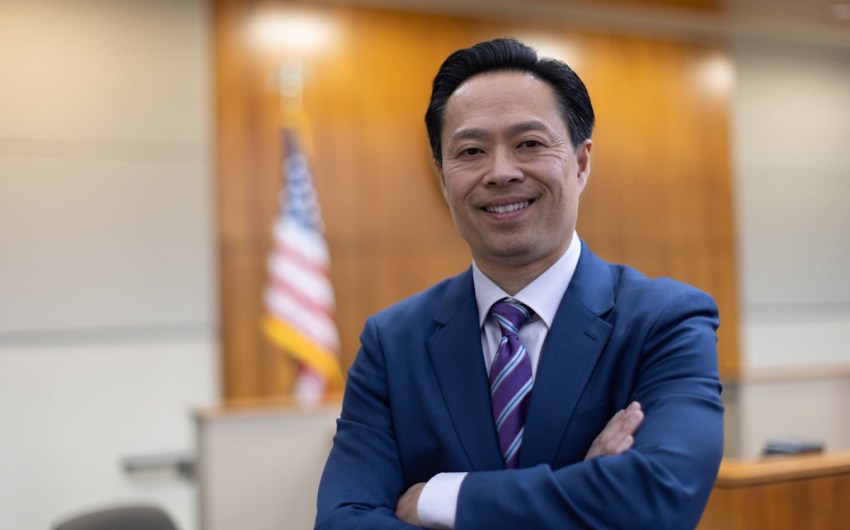
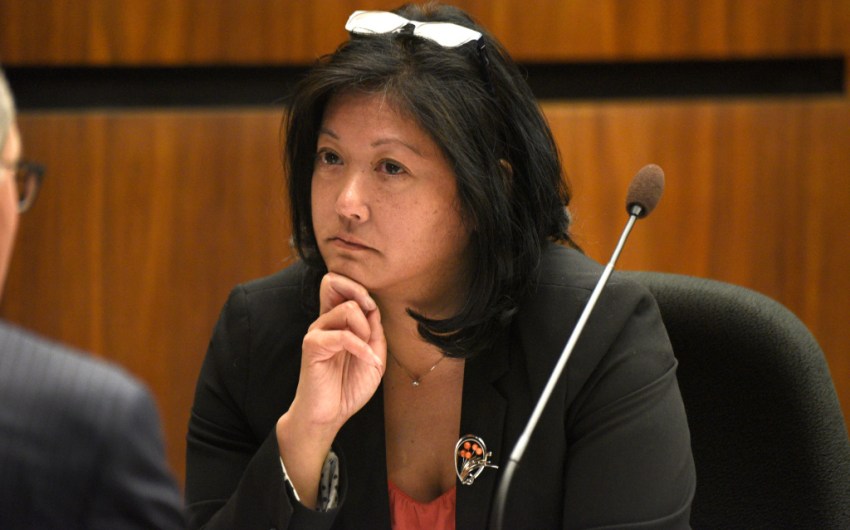

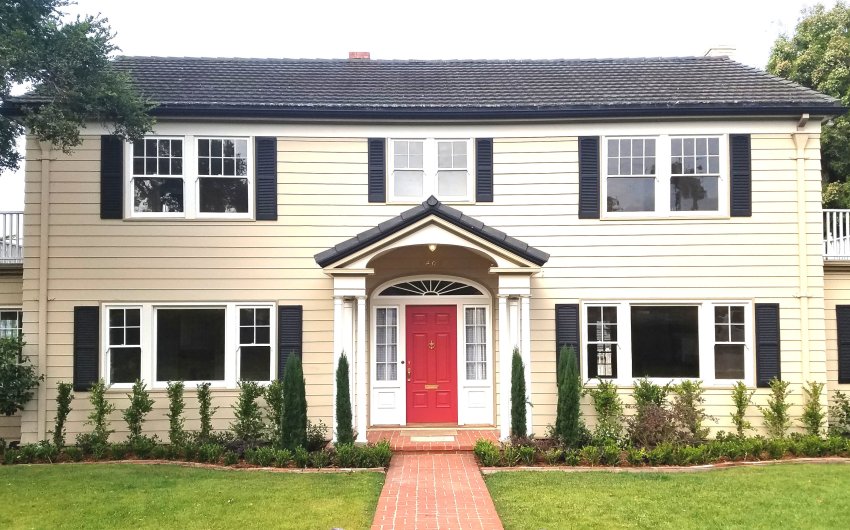

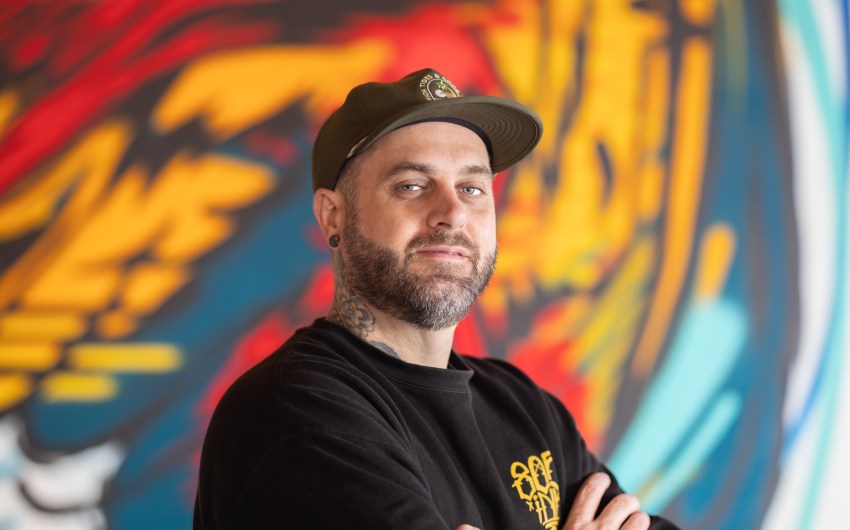

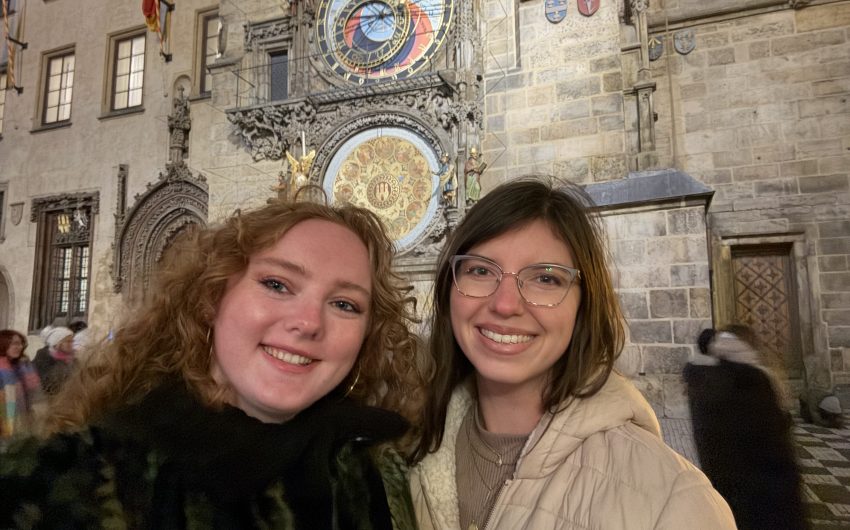
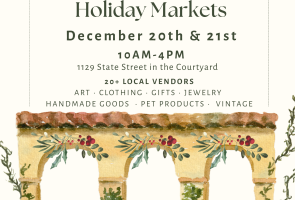
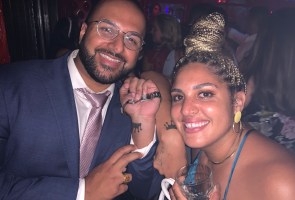
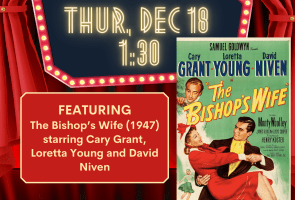


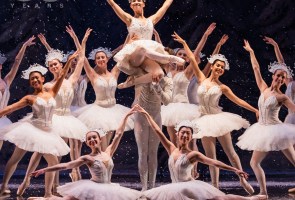
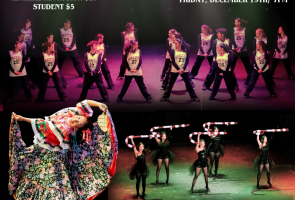
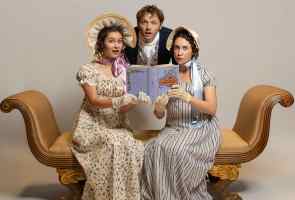
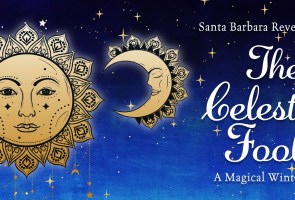
You must be logged in to post a comment.